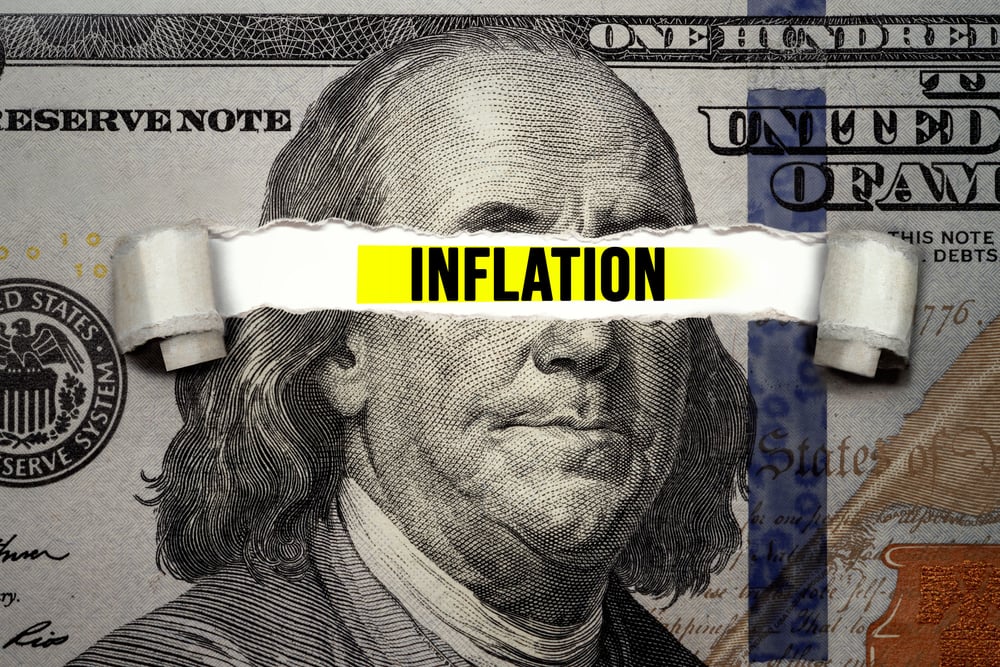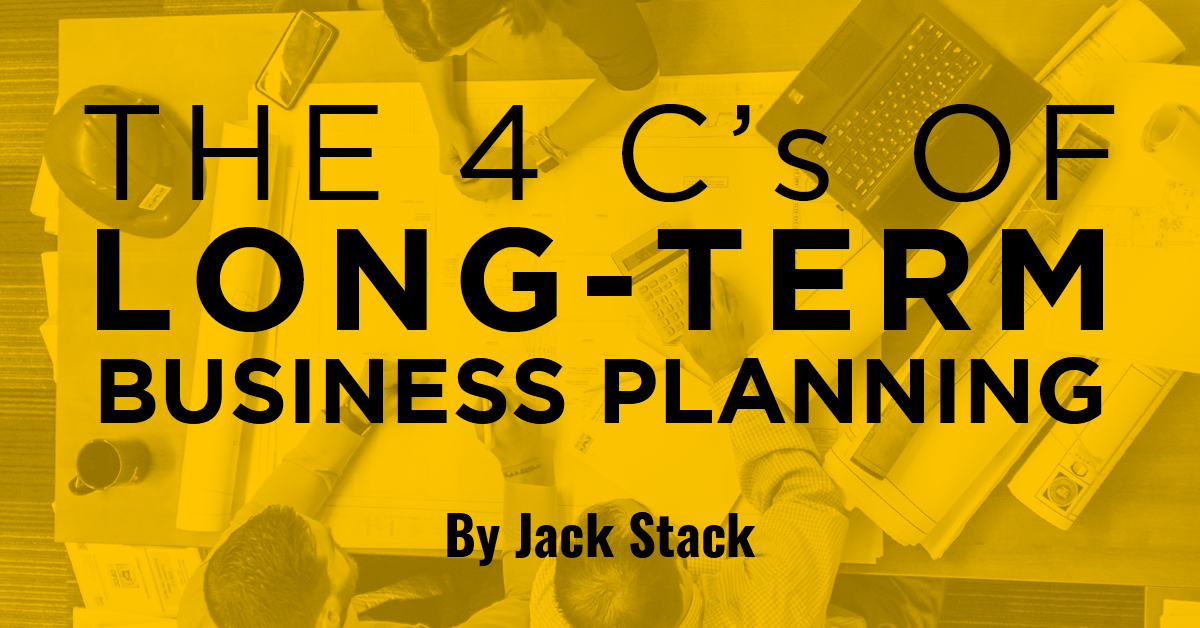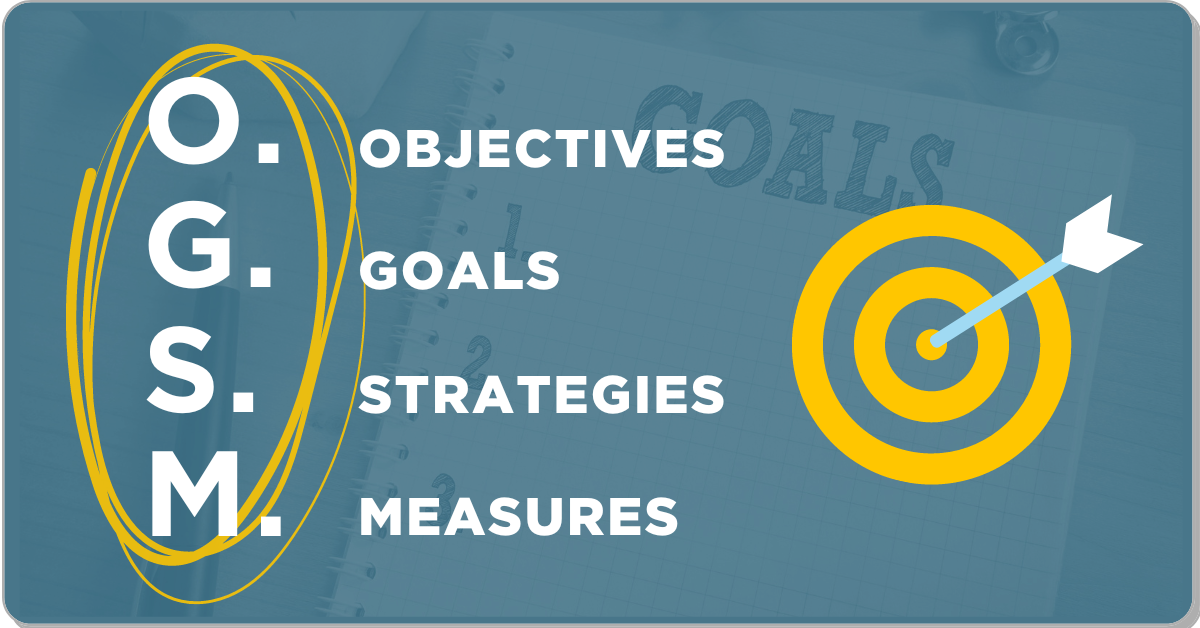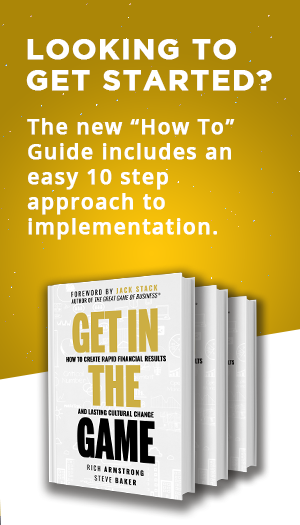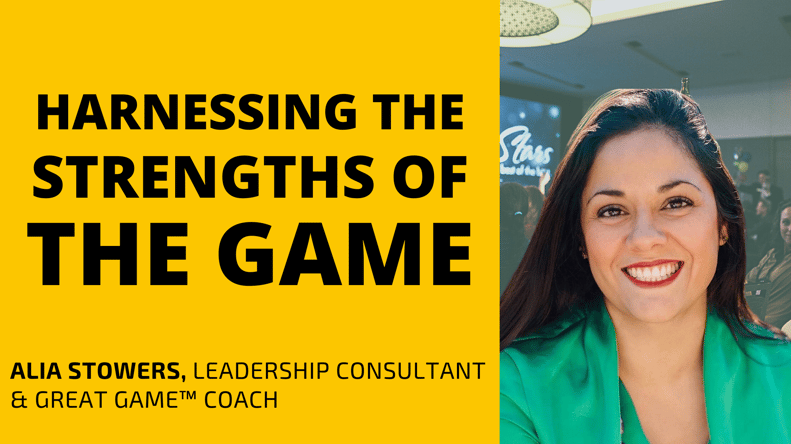
“Engagement” has become such a huge buzzword in our society that some CEOs and managers no longer even want to talk about it! But don’t be fooled—this topic isn’t going anywhere. With research organization Gallup reporting that a staggering 87% of employees worldwide are not engaged in the workplace… we have our work cut out for us.
The Great Game of Business® seeks to engage employees by harnessing the wisdom of the crowd. Organizational goals and metrics (ex: Critical Number™ and MiniGames™) tied to organization incentives (ex: bonus plans or rewards & recognition) push a “we’re all in this together” culture. Financial literacy and open books in your Huddles, if used well, increase both the opportunity and the competency of front-line workers to promote engagement in the values and priorities of the business.
Some leaders may find that while the principles themselves are empowering, they struggle to clearly communicate or inspire front-line workers in The Game. This is where using Gallups CliftonStrengths® (a strengths assessment-based approach to management) to engage, inspire, and empower employees can make all the difference in your Game.
The Good News
Though the 87% engagement statistic is daunting, the good news is that companies with highly-engaged workforces outperform their peers by 147% in earnings per share.
Integrating concepts around building a strengths-based culture provides a tool to draw out the best talents and strengths of your employees so you know exactly how to motivate, challenge, and move team members around for the greatest impact of the team and the Great Game.
For example, a high Competition® team member will grab on to MiniGames easily, but may not seem as engaged in discussions around the Critical Number. A high Deliberative® team member may talk only of the risk of playing The Game; only when leadership mitigates those risks in that team member’s mind will she fully engage, and may even become The Game’s greatest advocate. High Context® players need to know the stories about the past, whereas high Futuristic® players will enjoy projections. Knowing your players’ talents explains individual and organizational biases and gives direction for leaders to drive forward…leaving no employee behind.
The Next Step
As Simon Sinek said, “When people are financially invested, they want a return. When people are emotionally invested, they want to contribute.” A strengths-based culture gets employees emotionally invested in the goals, metrics, and even incentives the Great Game of Business helps them set.
Looking for more on how to increase employee engagement? Join us for our next workshop focusing on Implementation + Strategic Planning.
Other Articles You Might Like:
.png)




